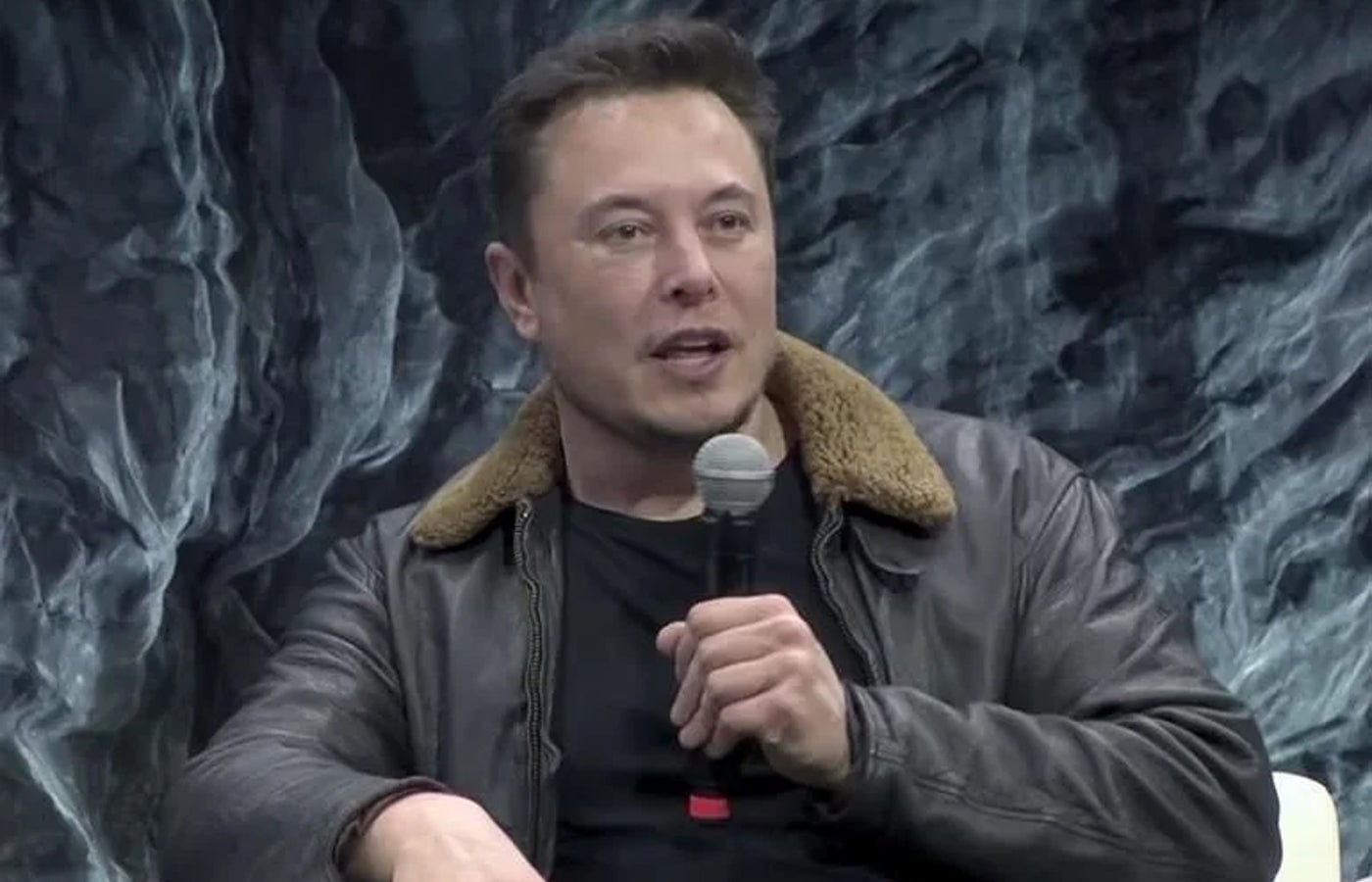AI Expectations are Reshaping the Modern Tech Workplace
Since OpenAI’s ChatGPT entered the public consciousness at the end of 2022, companies have been scrambling to boost efficiency by encouraging their staff to use AI, not wanting to be left behind. As a result, performance benchmarks have intensified, and expectations for individual output have skyrocketed.
One Microsoft employee told Business Insider that they felt that “culture shifts toward firmer performance expectations” occurring at the likes of Google and Meta are now becoming normalised across other companies — including their own. Indeed, an Amazon employee told the publication that there is “lots of pressure to perform the jobs of multiple people at the mercy of ruthless middle management.”
In January, Mark Zuckerberg said he would be firing 5% of Meta’s “low-performers” and replacing them, in a memo first reported on by Bloomberg. Microsoft made performance-based layoffs that same month, according to Business Insider. Sergey Brin, Google’s co-founder, recently urged employees working on Gemini AI tools to be in the office “at least every weekday” and said they should be clocking 60-hour weeks, according to The New York Times. “There is more pressure for individuals to be better in their roles, and there is much more aggressive performance management happening these days,” a longtime Google manager told Business Insider.
Political Shifts are Also Fueling a Different Work Environment
Simultaneously, corporate culture is being reshaped by broader political forces.
Since September, Amazon has mandated that all employees must work in the office every weekday and has been actively working to increase the ratio of contributors to managers by 15% so the latter can move more quickly. Google also cut manager and vice president roles by 10% for the same reason, according to Business Insider.
Arguably even more significant than AI is the change in political climate. Elon Musk, who famously gutted Twitter of over 6,000 staff when he bought the site and rebranded it as X, has become the poster child for ruling with fear over incentives. X is still ticking away, and Musk has been handed a position of huge influence within the Trump administration as a senior adviser assisting in the operations of the Department of Government Efficiency.
Insiders at Amazon, Google, and Microsoft reveal that Musk’s success with the cutthroat management style is influencing workplace culture. One anonymous Google employee told Business Insider that it “gives them the green light to do it openly” and that they’re now “being asked to do more for less.”
The elimination of DEI initiatives at Google, Salesforce, Amazon, Meta, and more is another example of how the political landscape is impacting life at the tech giants. President Donald Trump has issued directives barring federal contractors — including many tech firms — from implementing DEI initiatives and has also directed federal agencies to investigate private-sector companies for potential violations.
Conclusion
The tech industry is undergoing a significant transformation, driven by the rapid advancement of AI and the changing political landscape. As companies grapple with the challenges of AI-driven performance expectations, they must also navigate the impact of political shifts on their corporate culture. The result is a new reality, where employees are under immense pressure to deliver, and the traditional 9-to-5 workday is a thing of the past.
FAQs
- Q: What is driving the shift in the tech industry?
A: The rapid advancement of AI and the changing political landscape are driving the shift in the tech industry.
- Q: How are companies responding to the shift?
A: Companies are responding to the shift by encouraging their staff to use AI, intensifying performance benchmarks, and changing their corporate culture to be more aggressive and performance-driven.
- Q: What is the impact of the political landscape on the tech industry?
A: The changing political landscape is impacting the tech industry by influencing corporate culture, with companies like Amazon, Google, and Microsoft adopting more aggressive and performance-driven approaches.
- Q: What does the future hold for the tech industry?
A: The future of the tech industry is uncertain, but it is likely to be shaped by the rapid advancement of AI and the changing political landscape, with companies needing to adapt to the new reality.








